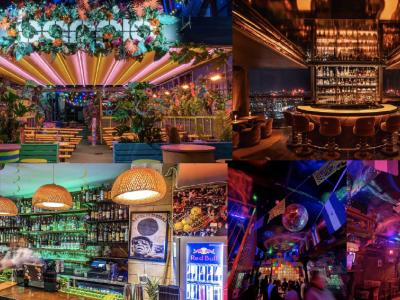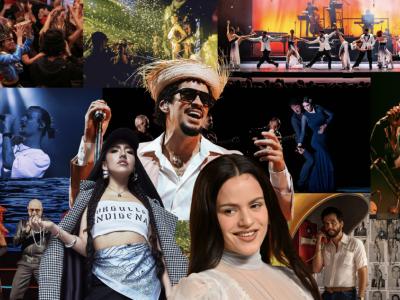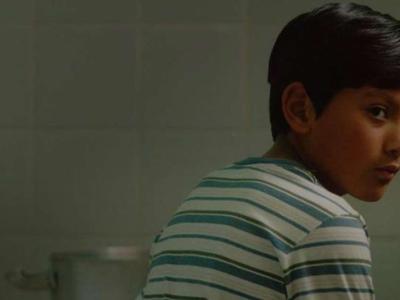On the surface there is nothing unusual about the heist protagonist in Moreno’s The Delinquents. José Morán (Daniel Elías) figures that, if he steals the amount of money he would earn working at the bank for 25 years, after 3 years in prison he’ll never have to work again. But everything changes as events unfold which call into question what society views as freedom.
In his masterplan, Morán enlists his equally fed up co-worker Román (Esteban Bigliardi) to hide and store the money for him whilst he completes his time in jail. Unable to take the pressure of a full-on investigation into the robbery, led by Laura Ortega (Laura Paredes, from Argentina, 1985), Román hides the stolen banknotes for Morán in the idyllic hills of Córdoba. On that trip, Román, who is married, falls in love with the beautiful and free-spirited Norma (Margarita Molfino) and befriends her sister Morna (Cecilia Rainero).
Sitting with Rodrigo Moreno after the screening of his film during the London Film Festival, the director confesses, “I’m not a victim of what in Argentina we call marcar tarjetas (a clocking-in 9-5 jobsworth) - in truth I never did those kind of jobs, but in capitalist society we are all subject to its rules. Even as a filmmaker, especially when you’re working on a series - they force you to do things that you don’t want to and impose commercial pressures that are stressful and stifling.”
After robbing the bank, Morán also journeys to Córdoba, and also falls in love with Norma, before turning himself into prison to complete his sentence. Ironically, it is in prison, the symbol of captivity, where Morán encounters ‘free time’ or, at least, liberation from the notion of productive time that dominates people’s lives outside prison. When a teacher at the prison introduces poetry and books to the inmates, he gives Morán a new lease of life, most notably when he discovers and recites ‘La Gran Salina’ (The Great Salt Flat’), a poem by Ricardo Zelarayán.
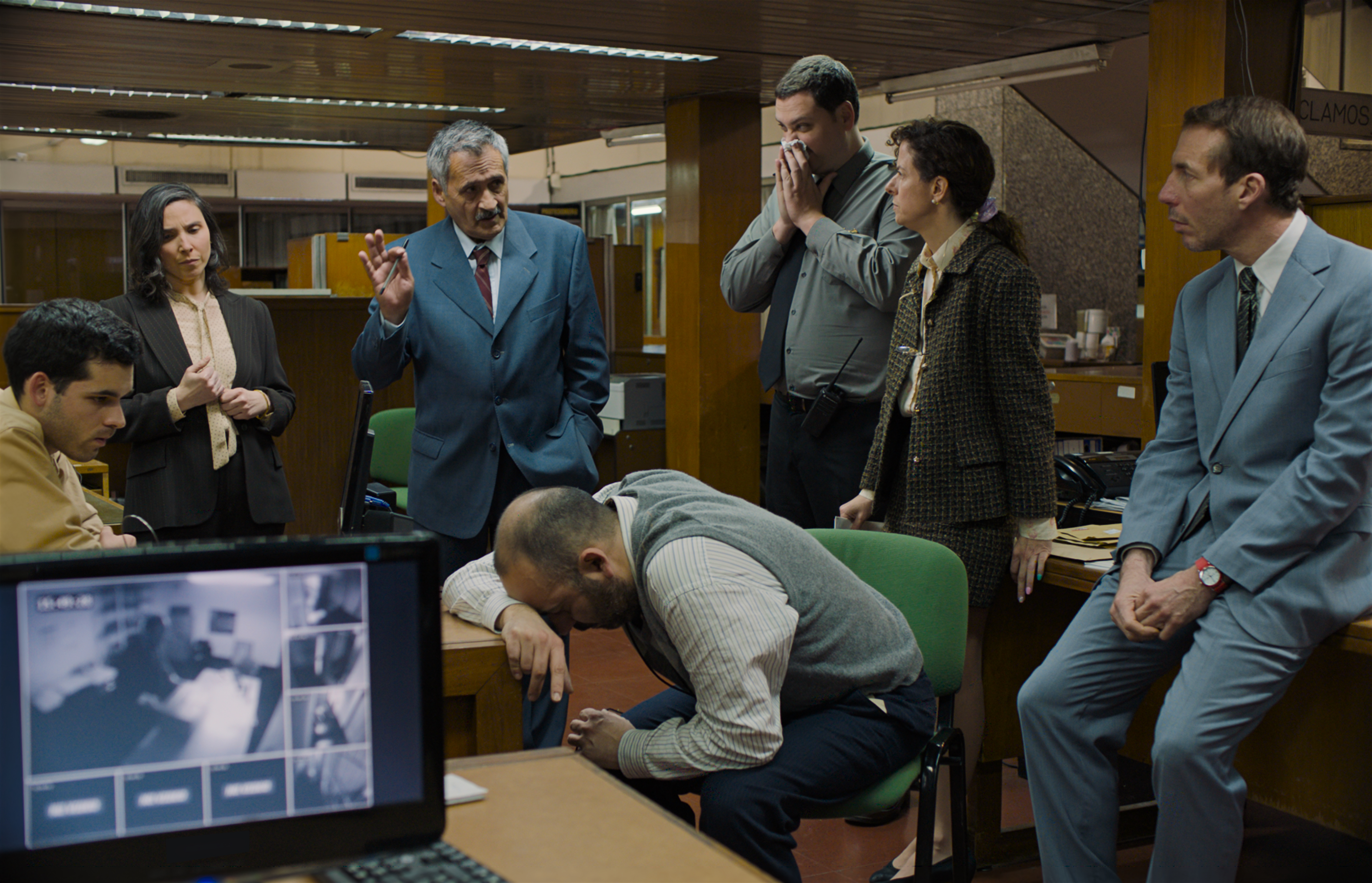
The film operates through the juxtaposition of opposites and reflections - freedom and captivity, city and countryside, and the grey bank is the mirror image of the prison. Nature and creativity appear as an antidote to the limited world that the bank and prison represent.
“Nature turned out to be a place where we could make the idea of living wild and free more visible, but the point wasn’t so much nature in itself, but in people who can use their time as they want to, which is represented by the two sisters and Román in Córdoba,” says Moreno. “Both Román and Morán discover people who can lead a life in a different way; nature simply allowed me to create a poetic atmosphere around them.”
This poetic atmosphere renders Román and Morán’s parallel experiences in Córdoba like a late-blooming rite of passage that was denied them by the capitalist system. Nevertheless, it creates questions as to whether nature offers a space of transformation or simply a temporary escape.
“The truth is that in the film we don’t know what will happen, but yes, Morán wants to live his whole life in that place. He even imagines a life with Norma in Córdoba. And in the end, the film finishes before we find out. The last shot is of a guy, Morán on horseback losing himself in an immense plain. In Román’s case, we don’t know if this will be temporary or not, but clearly there’s a change within both of them that is lasting. One of them decides not to take the money and the other decides to quit his job.”
Not knowing the outcome of the money ultimately points towards how neither character looks for monetary based freedom. The iconic song Adonde Está la Libertad (“Where is Freedom”) by Argentine band Pappo’s Blues plays as Morán rides into the distance:
Adónde está la libertad, (Where is freedom)
No dejo nunca de pensar (I can’t stop thinking)
Quizás la tengan en algún lugar (maybe they have it somewhere)
Que tendremos que alcanzar. (that we have to reach)
“Is freedom a place that can be reached, a state of being or, even more illusory, like reaching the rainbow at the end of the horizon?” I ask Moreno.
“I believe freedom is within everyone. It’s not something exterior, it’s something internal. The characters’ search for freedom is ultimately about recovering something deep inside that has been supressed,” he replies. “In the film we use some visual metaphors that transmit this to the viewer, but in any case the film talks about a change that is within every person.”
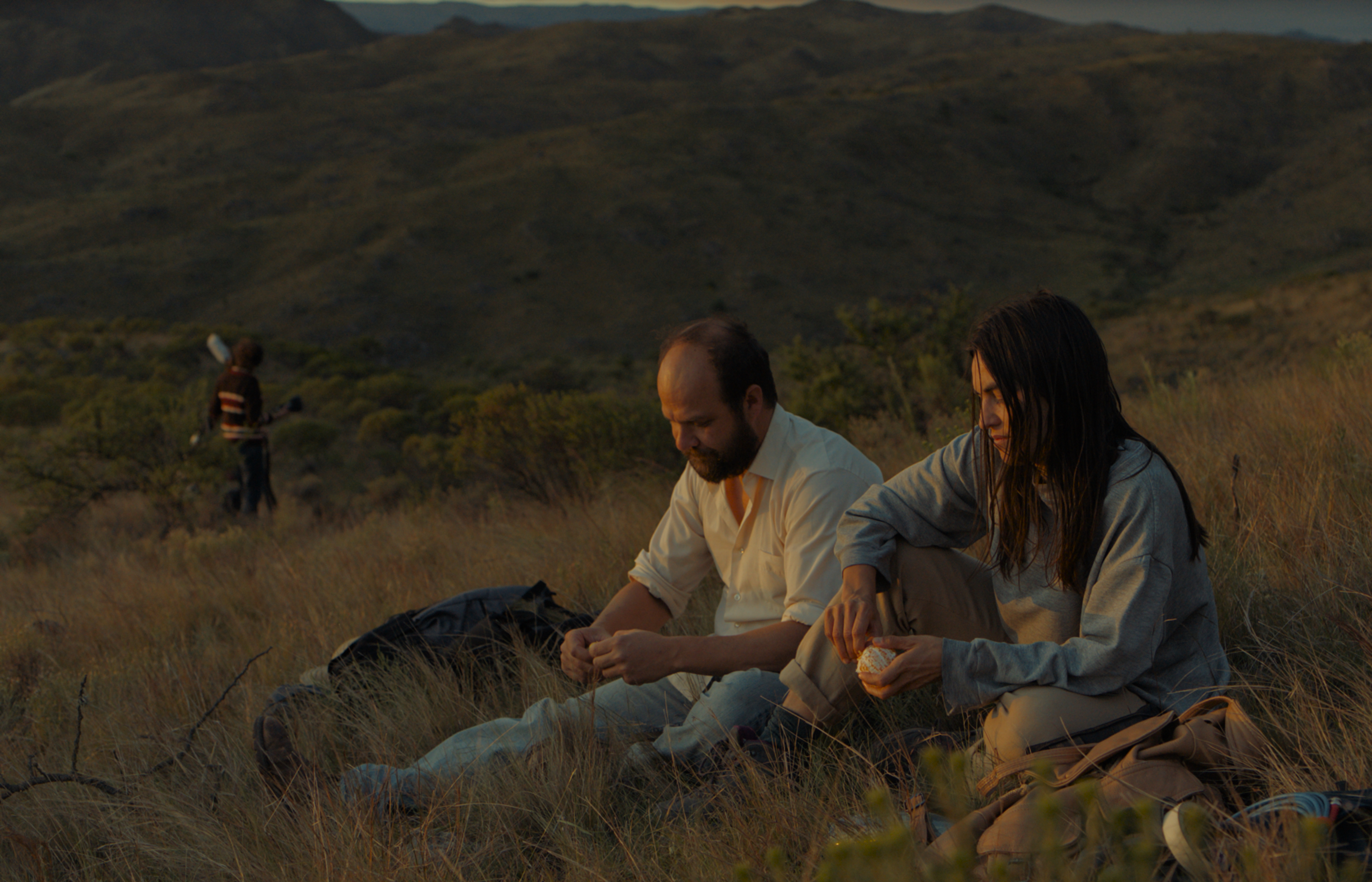
The film toys with this sense of inner change playfully through the anagrams of the protagonist's names; Morán, Román, Norma and Morna. The letters are rearranged to have another meaning in much the same way as Morán and Román’s stories increasingly overlap as it is revealed that they both become Norma’s lovers at different moments, which provides one of the main narrative twists in the film. By organising their fates differently, similar stories lead to very different outcomes, exploring the dichotomy of freedom, as paths in life that are a result of both choice and fate.
Even though the bank and the city represent the antithesis of freedom, Moreno depicts Buenos Aires in a loving and poetic way, which he merges with a documentary style language. It is no secret that Moreno loves filming in the Argentine capital:
“I have a deep admiration for what Buenos Aires was more than what Buenos Aires is today: Buenos Aires is a city that unfortunately is in a kind of terrible transformation, because its architectural heritage is being demolished for the fever of the property market, which is trying all the time to pull down architectural jewels and put up horrible buildings in their place. I like that the film can make a kind of clipping of the city that interests me. The central scene of the film was filmed like a scene from a documentary or an ultra-indie film, so even if the film is a fable you also see situations that are extremely documentary-like and I feel that creates a kind of closeness.”
Perhaps it is precisely the everyday lived experience and sounds of Buenos Aires where Moreno found the city’s poetry, I suggest.
“It could be, but I don’t think that way - it’s an effect, a consequence, everything poetic is a consequence. I didn’t tell myself ‘OK, I’m going to film the city poetically,’ rather I filmed the city from my deep love for it, and well, its consequence could be poetic.”
How did Moreno’s identity as a porteño (from Buenos Aires) influence his approach?
“The protagonist Morán isn’t porteño, he’s from Salta, a northern province of Argentina. In Córdoba, Norma calls Morán a porteño many times and he insists I’m not from Buenos Aires, I’m from Salta. But yes, I do believe that the decision to have a protagonist who isn’t from Buenos Aires was important. There’s an idea there to include a way of speaking, an accent that in Argentine cinema isn’t so common. I mean in Argentine cinema we have a great filmmaker from Salta, Lucrecia Martel, but even her films don’t feature the Salta accent anymore. So I liked that suddenly we have a voice that’s not from Buenos Aires - like there’s a type of Buenos Aires centrism in Argentine film, everything has to be in Buenos Aires, everything happens in Buenos Aires, and always white people’s problems - all the time - so it seemed interesting to me to have different voices to open up a bit.”
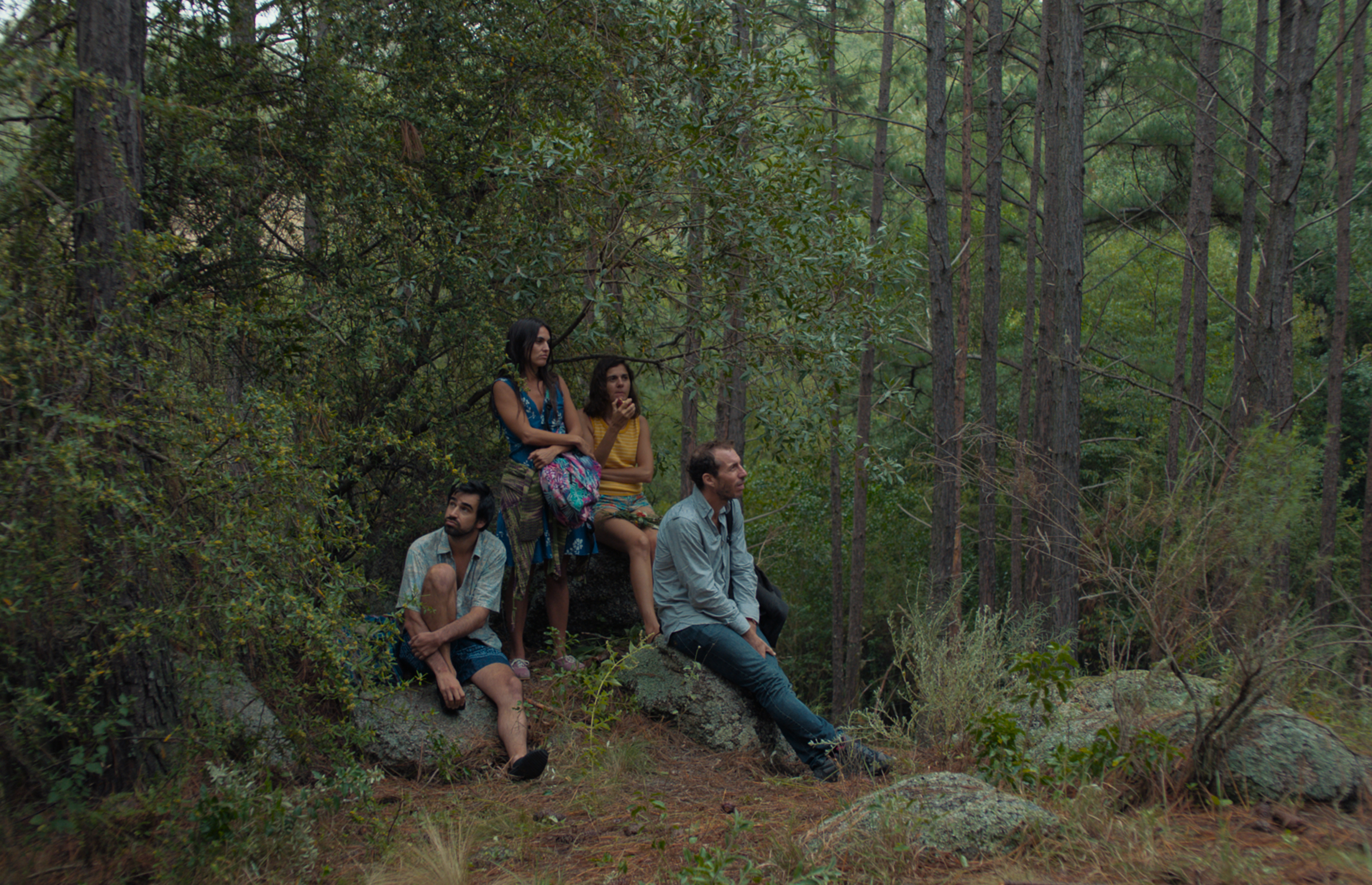
Moreno points out that the perceived freedom in Córdoba and lack of it in Buenos Aires in the film is not about making an absolute point, but rather about exploring how people experience the same places in different ways. “Norma comes to Buenos Aires and finds the city is uninteresting, compared to her life on horseback in Córdoba. For me Buenos Aires is a beautiful city, but I liked that for her character it wasn’t.”
Audiences could be tempted to view Morán’s need for liberation from his job in the bank through the lens of Argentina’s own acute economic difficulties – yet Moreno insisted that he had no intention to make a political comment particular to Argentina, but rather about a worldwide situation following the pandemic.
“The film presents a human dilemma and therefore a global one. It is being shown in many countries where audiences feel challenged by this problem, which is an existential one. So, it does have to do with a political context, but a global one, that is - after the pandemic we thought the world was going to be better and the world is worse. After the pandemic, our lives are subjugated by work more than ever. The film asks us, what we are doing with our lives?”
The Delinquents will be in cinemas March 22 and streaming on MUBI from May 10



